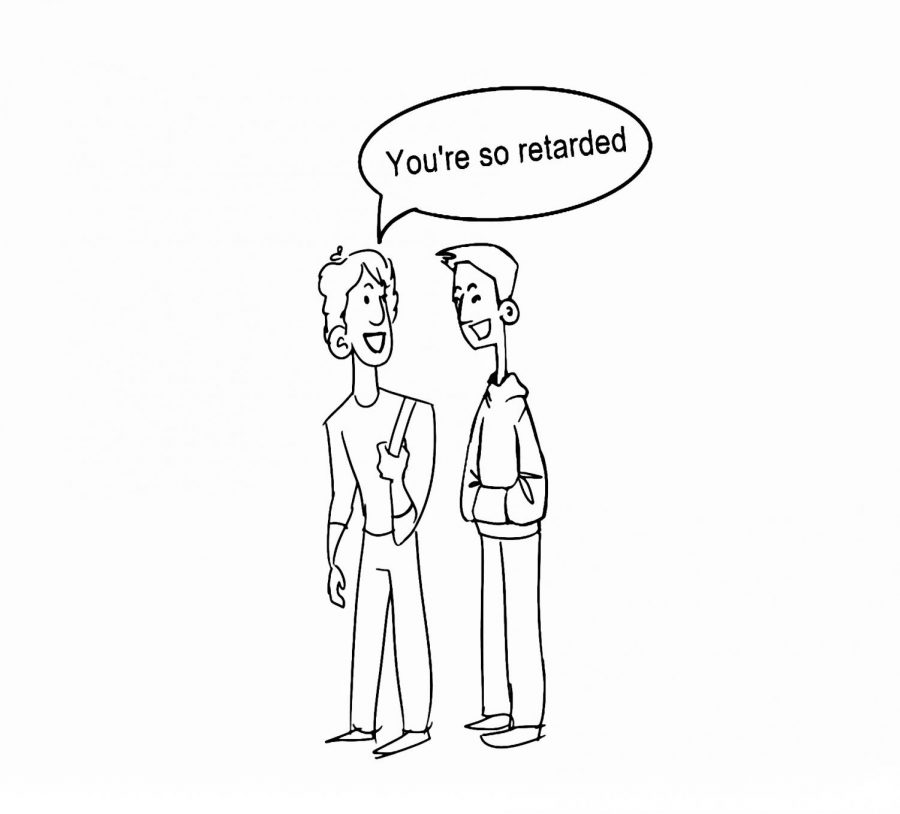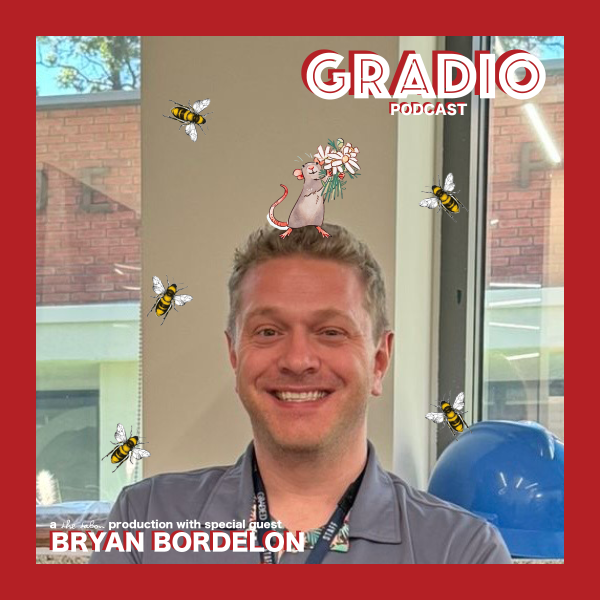Why It’s Wrong To Joke About Mental Illnesses
Even though mental health is a very important issue, people tend to brush it aside like it is a joke. Walking down Graded hallways, one can and will most likely hear things such as “you’re so demented” or “stop being so anxious about everything” or even “you’re so skinny, you could be anorexic”. What people are doing by saying phrases such as the ones above is diminishing the seriousness of such illnesses. If someone says they’re “depressed” for a silly and stupid reason like not doing so well in his or her math exam, or claim their friend is “bipolar”, he or she opens the door to not taking mental illnesses seriously. This needs to be infiltrated into everyone’s brains or else no change can happen or be accepted by everyone. These illnesses are real and ever growing, especially amongst students of our generation, and if people continue taking them as a joke, kids who suffer from them will feel disregarded and like outsiders in their own community. There are many students at Graded who suffer from mental illnesses and to generalize or even joke about them is not okay and the Grade community demands change.
Psychology Today’s article “Rules for Making Fun of Mental Illness” by Victoria Maxwell gives a list of when it is acceptable to make fun of mental illnesses. It states that it is only okay to do it if you are careful and understanding towards the subject and understand that these illnesses are real and not a source of jokes. This article addresses when it is and is not appropriate to make jokes and further explains that there are appropriate timing and tone that should be used when a harmless joke is made. Still, it is important to be cautious when joking, even if one follows the article’s “rules” perfectly.
HS underclassmen counselor Jen Kantor, shared with me an experience regarding taking mental illnesses jokes too seriously. She recalls: “In terms of joking about mental illness, I think this happens in real life and I think it happens equally if not more online. There was a situation at my former school in which a adolescent had many personal issues and struggled with mental illness; she put something on facebook about feeling very sad and losing her will to live and some people who knew about some of her struggles not only made inappropriate comments on the post, one peer even commented “Oh if you’re so sad why don’t you just go kill yourself?”. She was very sad and in that first moment and reached out to a family member. The family members called the police and filed a police report, taking action against the cyberbully.” This shows that even teachers notice these jokes and understand they come with more harm than favor in the Graded community. These types of jokes are hazardous and extremely dangerous if people don’t understand them as a source of humor. If joking about something as serious as this proves no positive effects than it should be clear to everyone that it is deteriorating to use jokes antagonizing mental illnesses.
These things that are considered humor in a young adult’s conversation are what makes us different from each other. Everyone’s brain is unique, full of beautiful things but also full of blemishes. Our flaws should be embraced and accepted, not ridiculed and distored into our demons. Mental health, like all other types of health, is crucial, especially in these adolescent years where we are taught that grades are more important than experiences and our bodies are put under a large amount stress that is clearly unhealthy.
Mental illnesses are a subject that is very hard to discuss due to its rapid increase in today’s society; there are still many people who don’t believe they are real. For example, many parents don’t believe their child has a mental disorder such as depression, ADHD, anxiety, and other personality disorders. They choose to say their child is just fussy and picky rather than understanding that their child has what can be identified as a mental disease and seeking help.
This demands change. As a fellow student at Graded, I plead all of my readers to just try to refrain yourself from using diseases as your source of laughter. If using these harmful phrases becomes normal and repetitive, no one will really understand and take an issue that many teenagers face seriously. Just using words like “retard” or “OCD” has so many negative and harmful implications. This is a subject that needs to be brought awareness by many because mental illnesses are very serious and can affect anyone.
Works Cited Page:
Maxwell, Victoria. “Rules for Making Fun of Mental Illness.” Psychology Today, Sussex Publishers, 21 Feb. 2018, www.psychologytoday.com/us/blog/crazy-life/201802/rules-making-fun-mental-illness.












